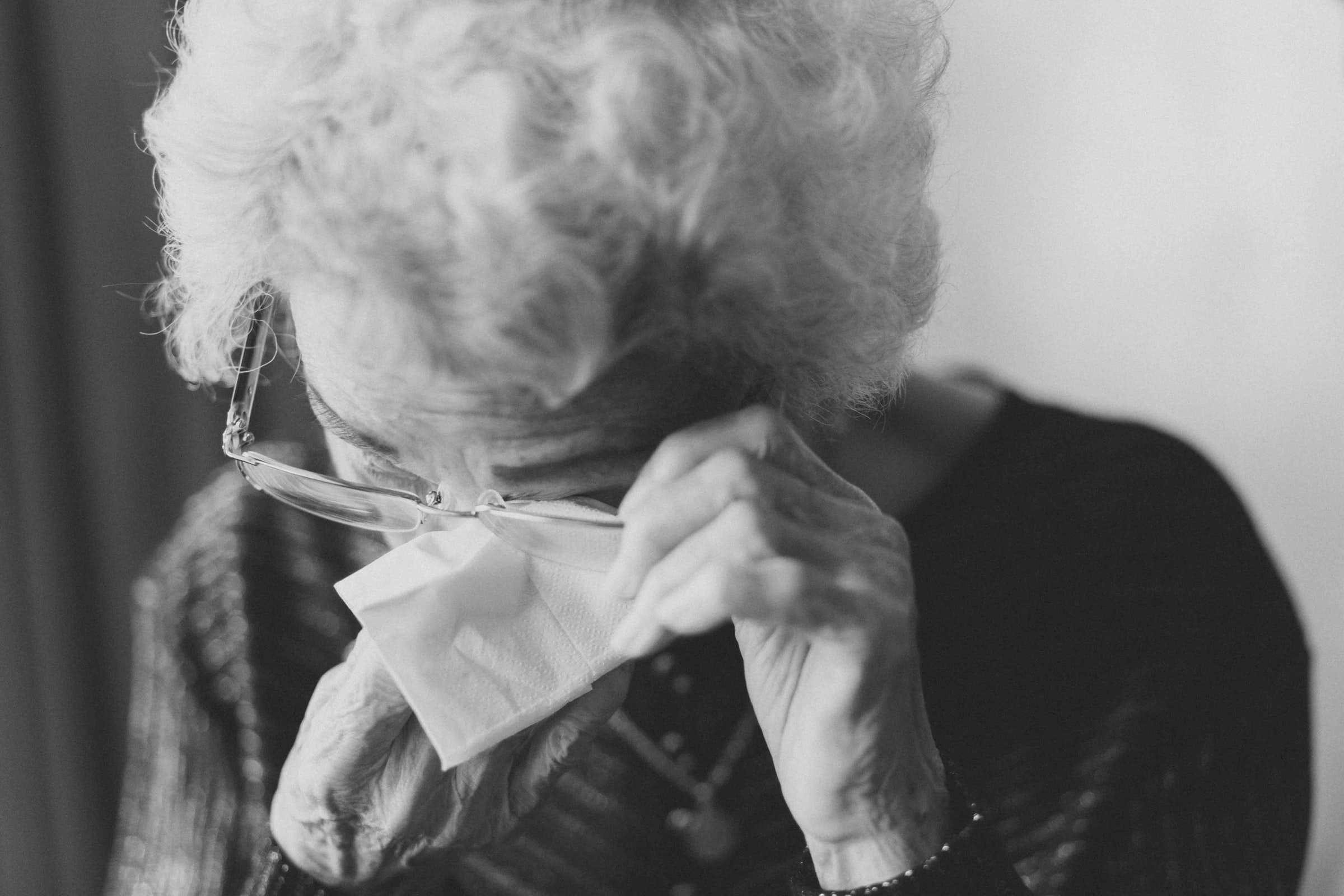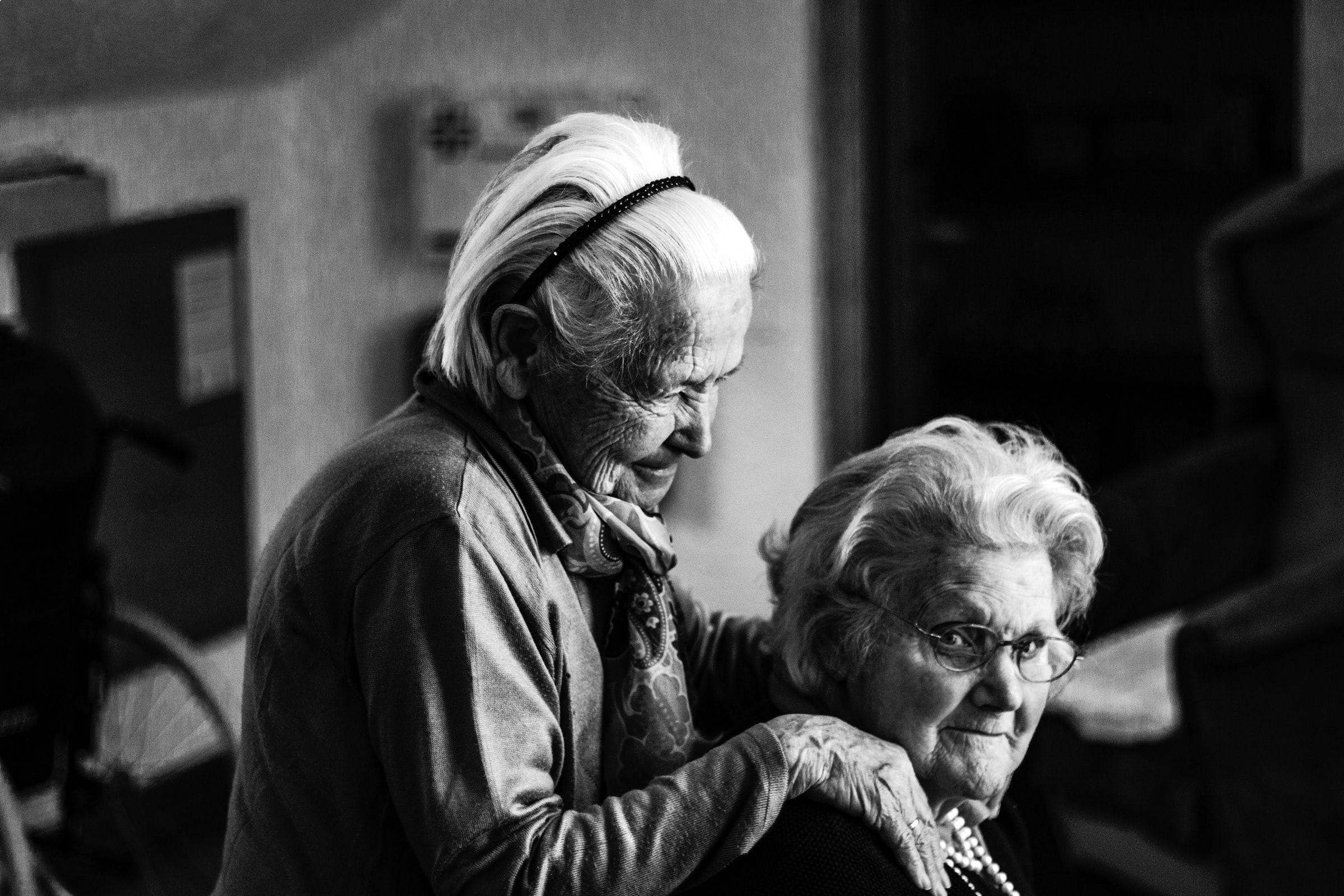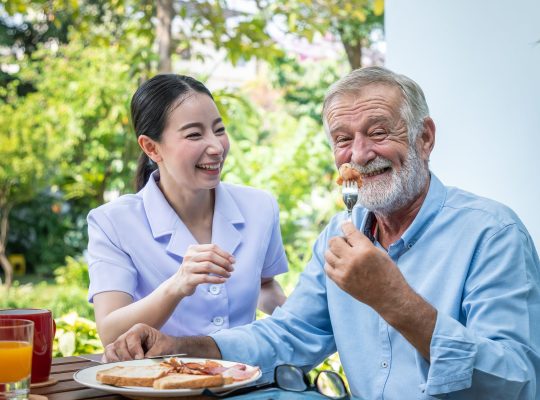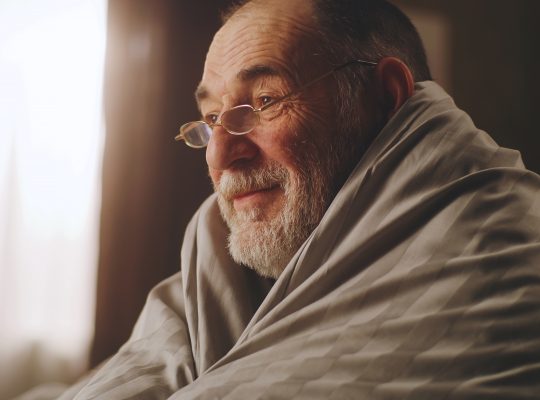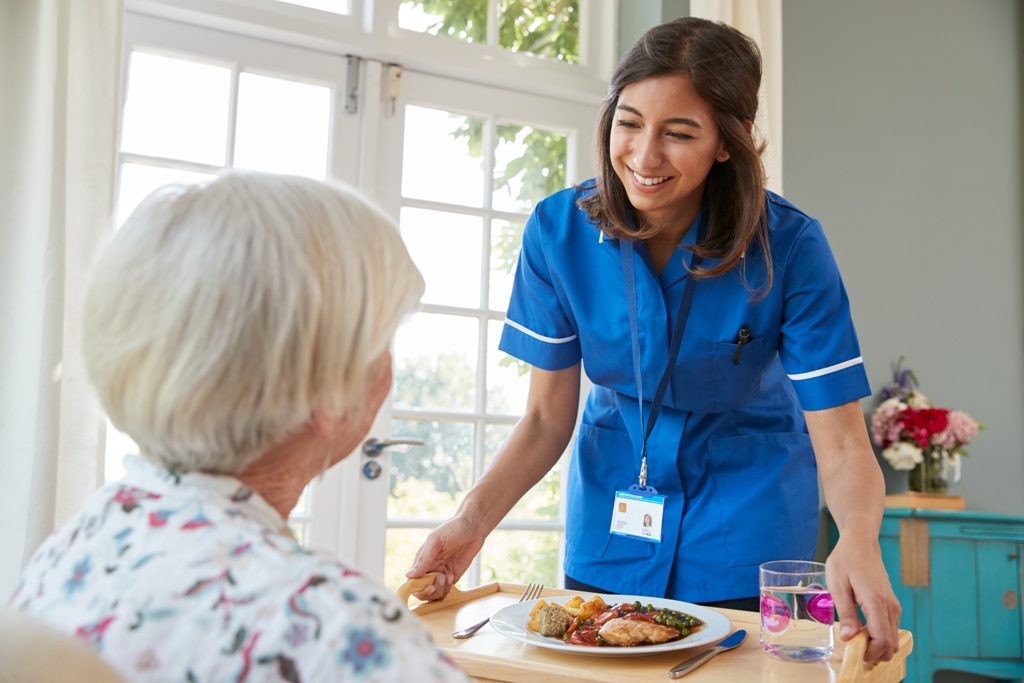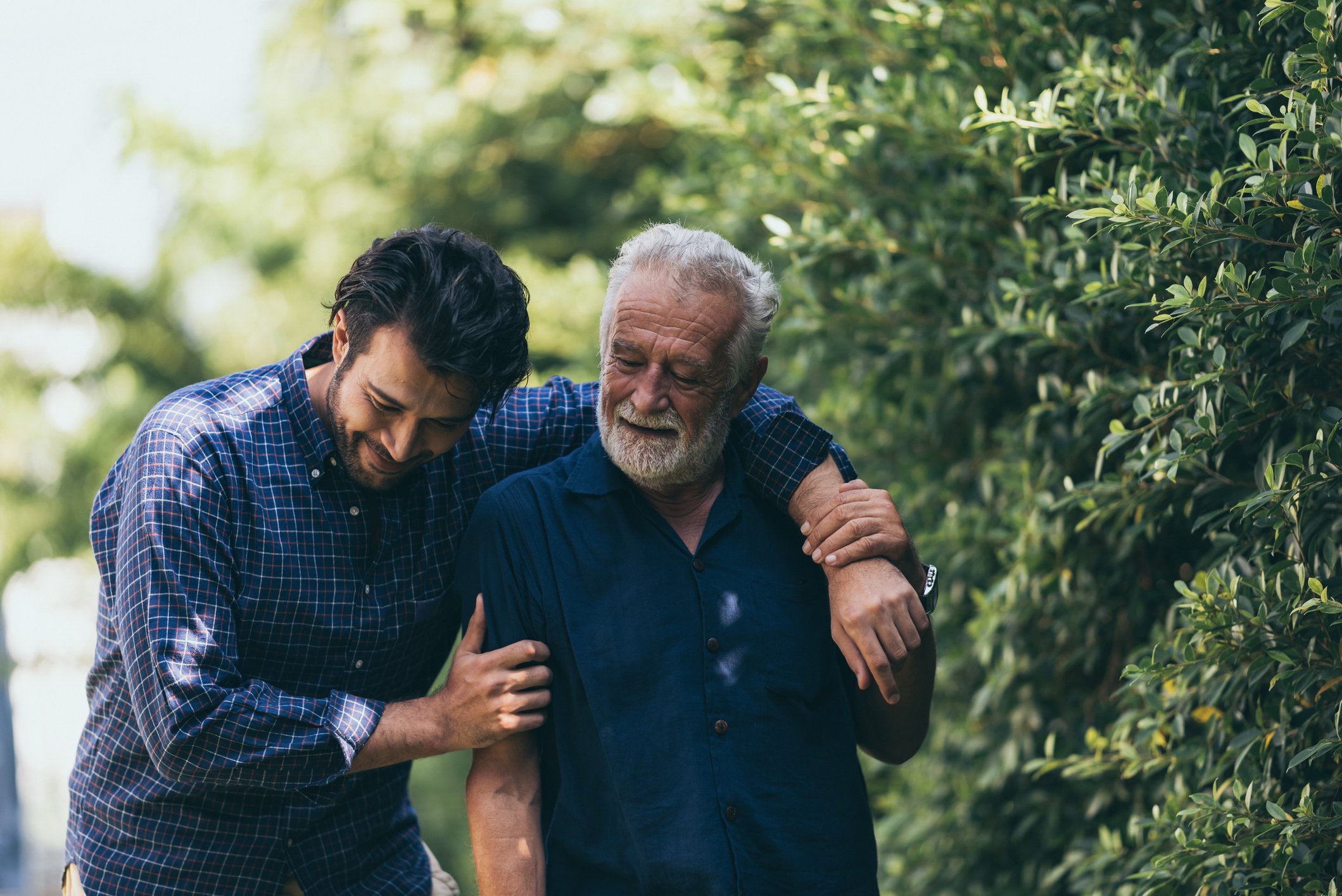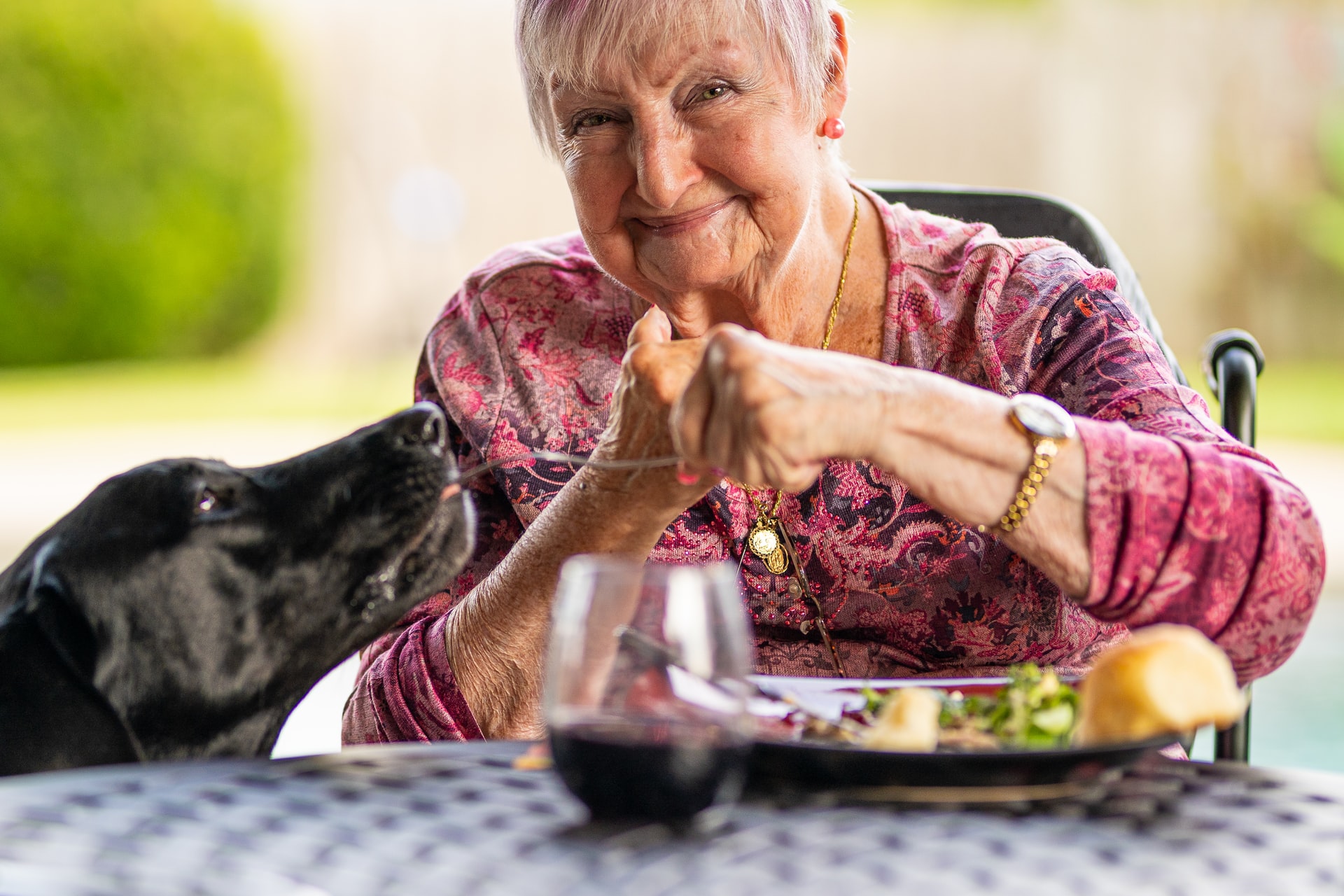Depression is a mental disorder that can occur at any time in life. Nevertheless, the elderly are particularly affected and, unfortunately, underdiagnosed. Indeed, many symptoms (sadness, withdrawal, sleep disorders, loss of interest in certain activities, loss of appetite, etc.) go unnoticed because they are often wrongly associated with natural aging. We will detail the signs of depression in the elderly, the risk factors, the causes, and all the effective treatments to fight against this disease.
1. What Is Depression?
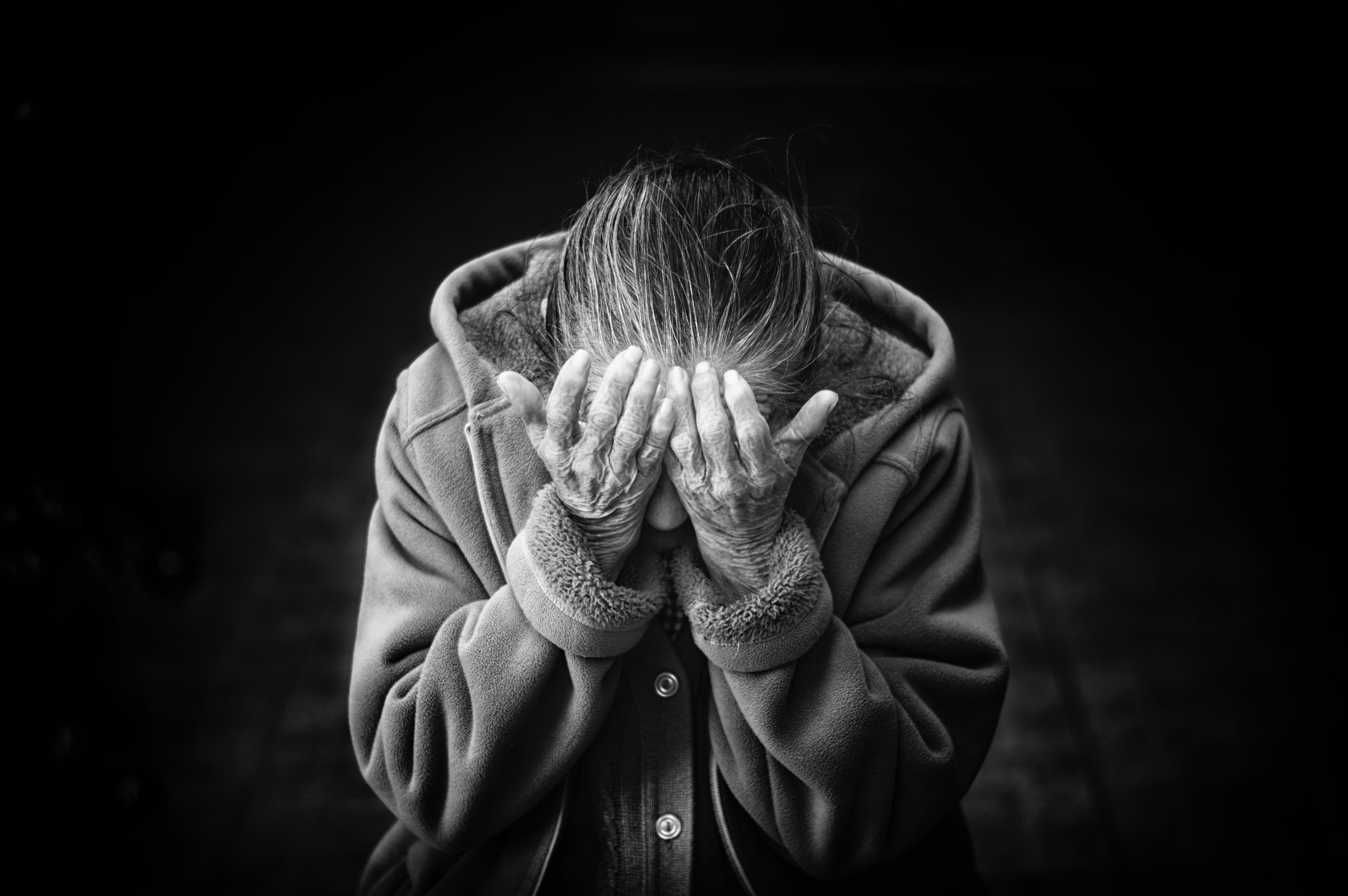
Depression in the elderly is an actual illness in its own right. Long diagnosed as a temporary malaise, we now know that it is a deep and lasting malaise. Sick people lose the desire to live and therefore suffer a loss of autonomy that can lead to numerous severe psychological and physical problems (hypertension, cardiovascular issues, high exposure to degenerative pathologies such as Alzheimer’s or dementia, risk of suicide, etc.).
Depressed seniors over 65 years of age represent the segment of the population most at risk of suicide. In fact, according to an Inserm study published in 2011, there are three times more suicides among people aged 65 to 74 than among 15-24-year-olds (six times more often among 85-94-year-olds).
2. What are the symptoms of severe depression?
Symptoms of severe depression can get worse as time goes on. The sadness becomes more pronounced, the thoughts become darker and darker, and the person withdraws into himself or herself. This can be called melancholic depression. On the other hand, crying is not a symptom indicating that the depression is more or less severe; it depends on the person.
Severe depression can be associated with psychotic symptoms (hallucinations, delusions). In psychiatry, there is also an illness called manic-depressive disorder, but the signs are different from classic depression. The symptoms of manic depression are, in fact, those of bipolar disorder, a completely different illness.
3. Signs of depression in an elderly person: how to recognize them?
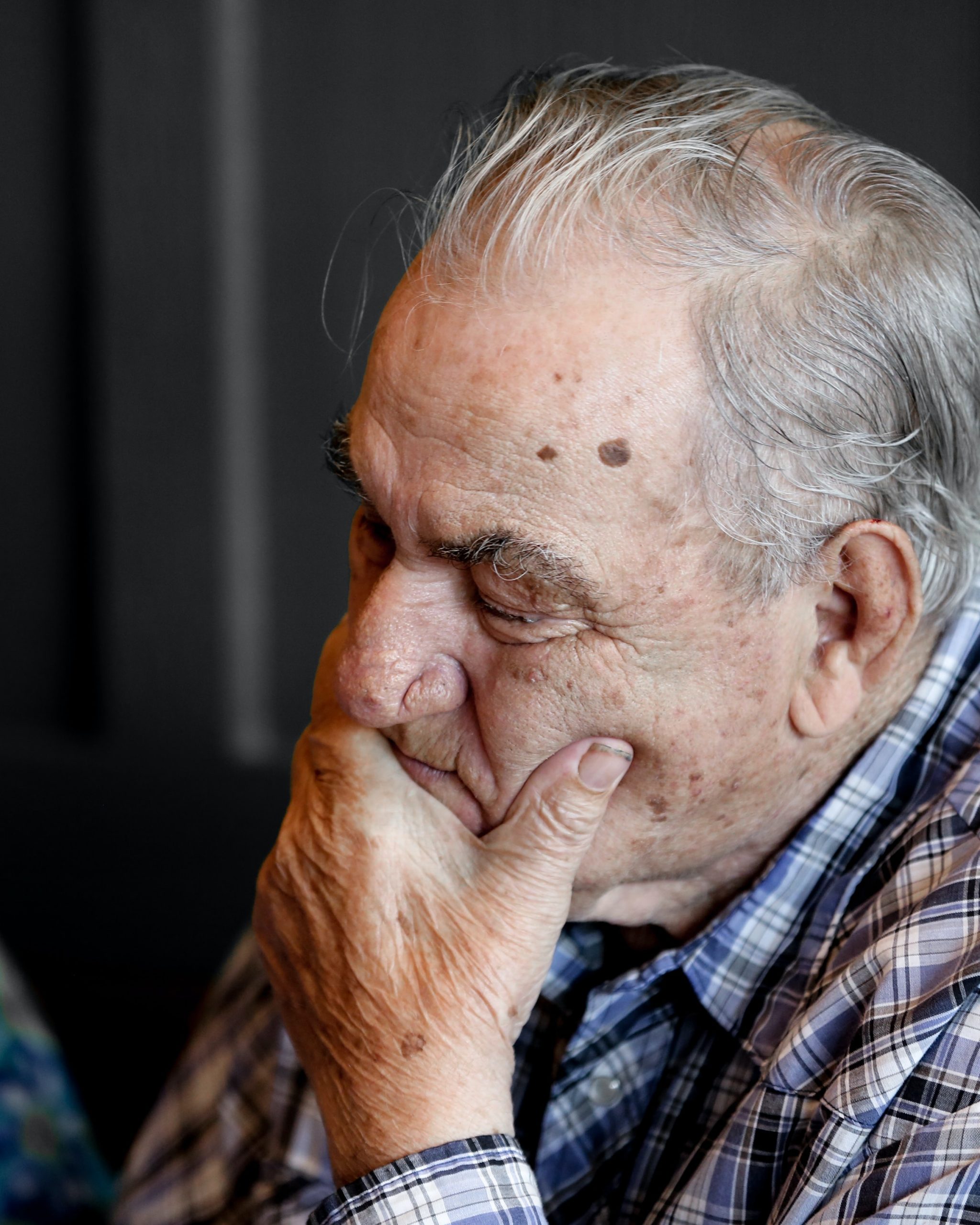
According to the WHO (World Health Organization), the depressive state in an elderly person is characterized by 9 symptoms. At least 5 to confirm that it is a depression, including necessarily the first 2 of this list:
- Almost constant sadness and anxiety accompanied by crying,
- A loss of interest and pleasure in everyday activities (grooming, dressing, preparing meals, etc.) and activities (no longer doing favorite activities at home, for example),
- A feeling of worthlessness and uselessness,
- Recurrent suicidal thoughts and the person often talks about death,
- A psychomotor slowdown (the ability to feel, reason, and control their movements),
- Fatigue from the moment of waking,
- Sleep disorders,
- A decrease in appetite associated with weight loss,
- Difficulty in paying attention and remembering things.
The WHO specifies that the diagnosis of the disease will be established according to the number of symptoms experienced. Between 5 and 7 symptoms, depression is considered mild to moderate. Beyond 8 symptoms, it is called severe depression.
4. Treatments for depression in the elderly
Effective and rapid treatment is necessary because it is estimated that 60 to 70% of depressed seniors over 65 years of age are under-treated or not treated at all. Indeed, if the treatment is correctly administered, the depression will be stopped, and the elderly person will be able to return to a serene life. Here is a list of the different treatments offered by the medical profession:
Drug treatments

Drug treatments for depression in the elderly are known as “antidepressants”. These are medications that must be carefully monitored and administered only by a physician. They are very effective in the short term because they work directly on the brain. There can be interactions with other treatments (incompatibility, side effects), so doctors are even more careful with depressed seniors. For elderly people with sleep disorders, sleeping pills may be prescribed.
Therapy
The elderly are often overwhelmed by a feeling of uselessness, a feeling of being a burden to those around them. Talking about it will do them a world of good! The best way to evacuate the stress and associated anxieties is through therapy with a psychotherapist.
Medication will make the symptoms of depression go away, but therapy will help them understand where their discomfort is coming from, help them regain their self-confidence, and regain a taste for life. Sharing their story in discussion groups, for example, will help them get through this challenging ordeal and break the isolation.
Alternative medicines
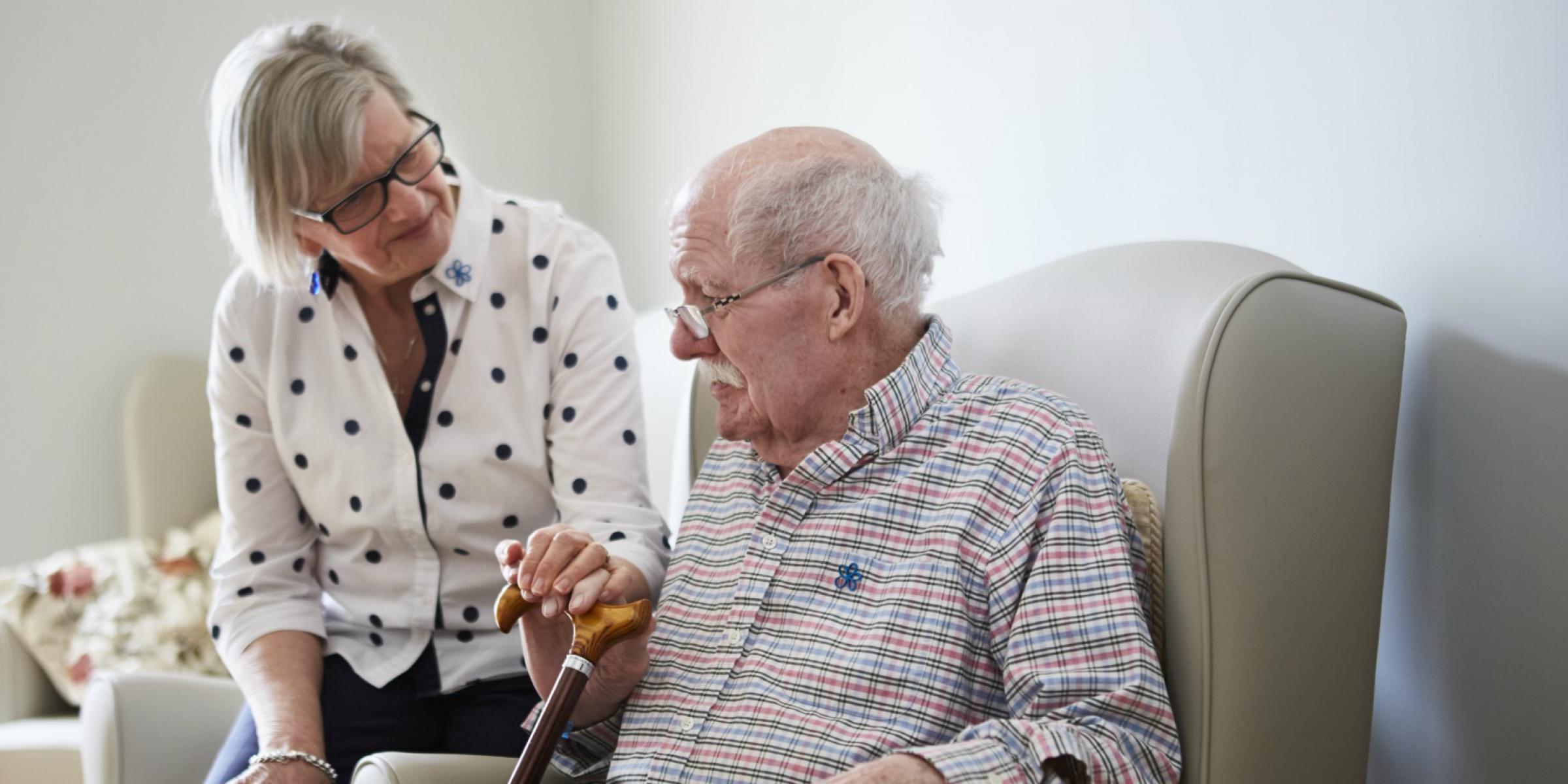
In order to overcome this disease, specific non-conventional methods are particularly adapted to the elderly. Indeed, why not try sophrology or meditation! These methods will alleviate the symptoms thanks to relaxation exercises that can also be reproduced at home during moments of stress. There is also music therapy (therapy through the effective use of music) and zootherapy (therapy assisted by animals). These therapies have proven to be effective in this type of mental pathology.
Herbal treatments that have been proven to be effective will be an excellent way to ease the senior’s tensions and anxieties. Moreover, if the senior cannot take traditional medication, this type of natural treatment will be a good alternative. The doctor and pharmacists will be able to give good advice.
Finally, a healthy lifestyle is essential. This includes a balanced diet and regular physical activity. All these treatments are complementary and can be combined without danger. They will be beneficial in combating depression in the elderly!
Sound off in the comments section below and tell us what you want to read next and if you want to read more about depression.

